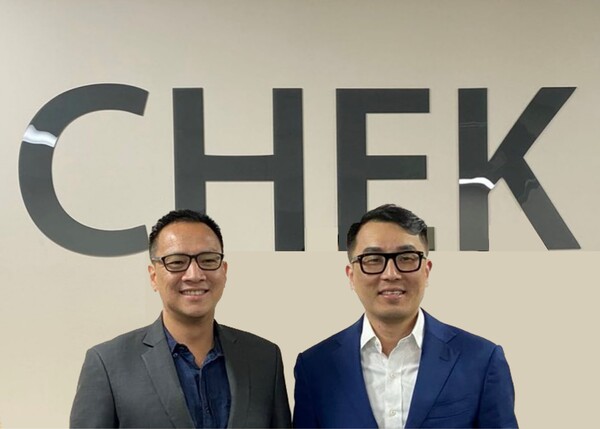EONE-Diagnomics Genome Center (EDGC), a company specializing in genomic analysis and precision medicine, said that it launched its liquid biopsy business in Vietnam in collaboration with CHEK Genomics.

In June, EDGC signed a business agreement with CHEK Genomics, a leading genetics diagnostics company in Vietnam, regarding the use of EDGC's for liquid biopsy technology.
The Korean company said CHEK Genomics is compliant with international certifications and standards from the College of American Pathologists (CAP), Clinical Laboratories Improvement Amendments (CLIA), the National Comprehensive Cancer Network (NCCN), and the FDA.
EDGC and CHEK Genomics are conducting joint research focused on liquid biopsy clinical trials for various cancer types. Accordingly, EDGC will provide the liquid biopsy technology, while CHEK Genomics will actively collaborate on infrastructure, regulatory compliance, and marketing strategies.
EDGC will provide best-in-class clinical services to CHEK Genomics' Vietnamese patients and validate the efficacy and accuracy of EDGC's liquid biopsy, ONCOCATCH. EDGC plans to also commercialize various services and products based on its cancer-related liquid biopsy and genetic testing technologies.
CHEK Genomics has also confirmed its participation in the EDGC-led EpiCatch consortium which is a collaboration of domestic and international hospitals and research facilities for the discovery of epigenetic biomarkers. Currently, Saint John's Cancer Institute in the U.S., Gachon University Cancer and Diabetes Institute, and Soonchunhyang University Bucheon Hospital are part of this research and development collaboration.
The EpiCatch platform standardizes biomarker data, and the standardized data can be analyzed more accurately and precisely by applying deep learning neural network AI algorithms to analyze methylation changes in cancer patients. It is used for cancer diagnosis, and predicting drug response and disease prognosis, as well as target selection and validation for drug candidate discovery.
Related articles
- [Reporter's Notebook] Korean companies bet on Cancer Moonshot but uncertainty looms
- EDGC aims to register liquid biopsy CDx on US Cancer Moonshot project
- Access Bio acquires stake in CuraPatients to drive digital healthcare expansion in US
- EDGC unlocking methylation patterns for early screening of multi-cancers with a drop of blood
- EDGC completes acquisition of US CLIA Lab
- EDGC gets US CLIA certification to ensure quality laboratory testing

